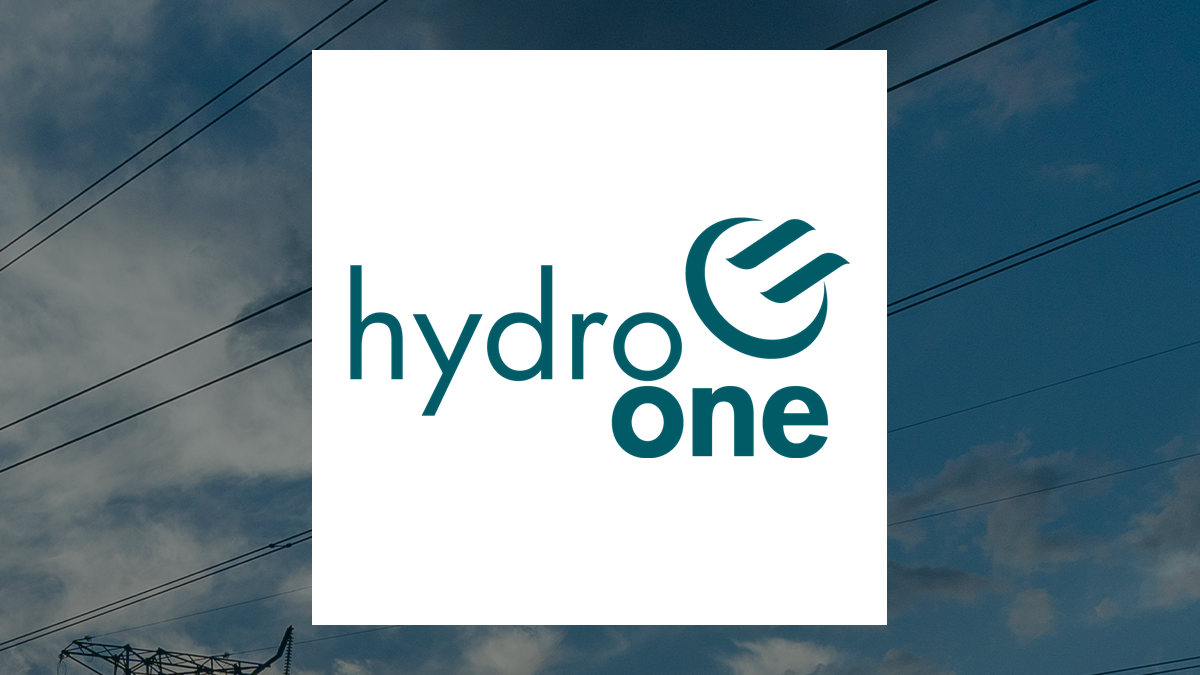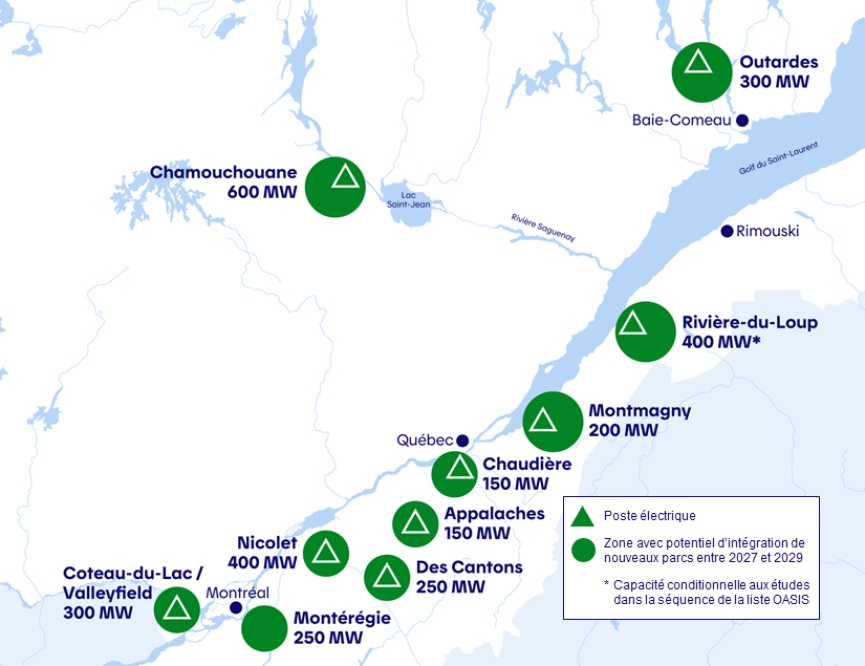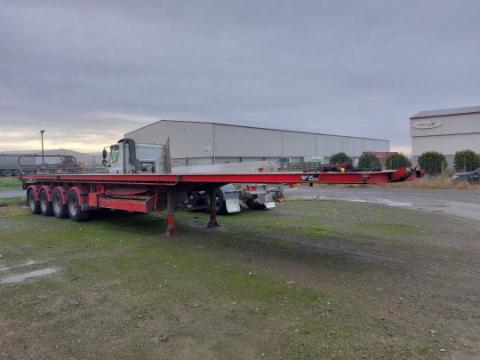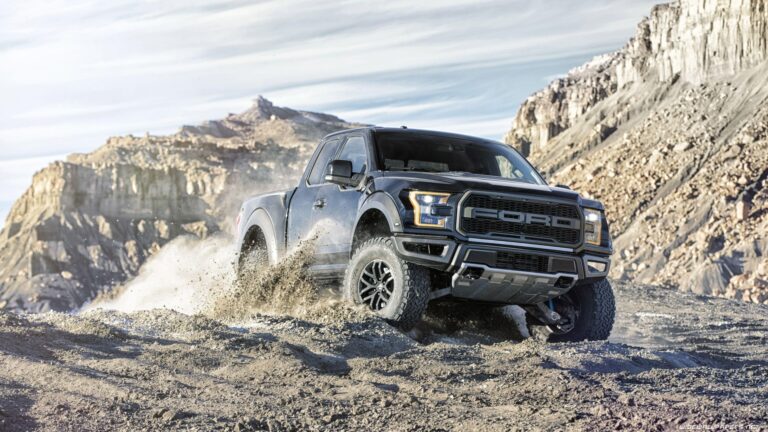Hydro Excavation Trucks For Sale: Your Comprehensive Guide to Smart Acquisition
Hydro Excavation Trucks For Sale: Your Comprehensive Guide to Smart Acquisition cars.truckstrend.com
In the dynamic world of infrastructure development, utility maintenance, and construction, the demand for safer, more precise, and environmentally friendly excavation methods has never been higher. Traditional mechanical digging poses significant risks, often leading to costly damage to underground utilities, environmental disruption, and worker injuries. This is where hydro excavation, a non-destructive digging (NDD) technique, emerges as a superior alternative. At the heart of this innovative method lies the hydro excavation truck – a powerful, versatile machine that uses pressurized water and a high-powered vacuum system to safely and efficiently expose buried lines, pipes, and cables.
For businesses and municipalities looking to enhance their operational efficiency, improve safety records, and comply with increasingly stringent regulations, investing in a hydro excavation truck is a strategic decision. This comprehensive guide will delve into everything you need to know about hydro excavation trucks for sale, from understanding their core components and benefits to navigating the purchasing process, considering various types, and ensuring long-term value.
Hydro Excavation Trucks For Sale: Your Comprehensive Guide to Smart Acquisition
What is Hydro Excavation and Why is it Essential?
Hydro excavation, also known as vacuum excavation or soft digging, is a process that utilizes a high-pressure water stream to break up soil and simultaneously vacuums the resulting slurry into a debris tank. This method offers unparalleled precision, allowing operators to safely locate and expose buried infrastructure without the risk of striking and damaging sensitive lines.
Its essentiality stems from several critical factors:
- Safety: It significantly reduces the risk of utility strikes, which can lead to explosions, electrocutions, and service outages. Worker safety is dramatically improved.
- Precision: Water and vacuum can meticulously remove soil around complex utility networks, allowing for detailed inspection and repair.
- Efficiency: While seemingly slower than traditional digging, the precision and reduced need for manual labor or extensive backfilling often make it faster and more cost-effective in the long run.
- Environmental Impact: It minimizes ground disturbance, reduces the need for extensive site restoration, and often allows for the careful preservation of surrounding landscapes.
- Regulatory Compliance: Many regions are increasingly mandating NDD for sensitive excavation projects, making hydro excavation a necessary compliance tool.

For any entity involved in groundwork, utility installation, repair, or maintenance, a hydro excavation truck is not just a piece of equipment; it’s an investment in safety, efficiency, and future compliance.
The Anatomy of a Hydro Excavation Truck: Key Components
Understanding the core components of a hydro excavation truck is crucial for evaluating its capabilities and suitability for your needs.

- Water Tank: Stores clean water, typically ranging from 500 to 1,500 gallons or more, depending on the truck’s size and application.
- Debris Tank (Spoil Tank): Collects the slurry (mixture of soil and water) created during excavation. Capacities vary widely, from 300 to 3,000 gallons or even larger, influencing the duration of excavation before needing to offload.
- High-Pressure Water Pump: Generates a powerful stream of water (typically 1,500 to 3,000 PSI or higher) to break up compacted soil.
- Vacuum System (Blower): Creates a strong suction (measured in CFM – Cubic Feet per Minute) to draw the water and soil mixture into the debris tank. The higher the CFM, the faster and more powerfully the truck can vacuum.
- Boom: A hydraulic arm, often telescoping and articulating, that positions the vacuum hose over the excavation site. Many booms offer 360-degree rotation and significant reach.
- Hoses and Nozzles: Specialized hoses for water delivery and vacuuming, with various nozzles designed for different soil types and excavation tasks.
- Power Take-Off (PTO) System: Connects the truck’s engine to power the water pump and vacuum system.
- Control Panel: Located conveniently for the operator, allowing precise control over water pressure, vacuum power, and boom movements.

Benefits of Owning a Hydro Excavation Truck
Acquiring a hydro excavation truck offers a multitude of benefits that directly impact your bottom line and operational efficacy:
- Enhanced Safety: Drastically reduces the risk of striking underground utilities (gas lines, electrical cables, water mains, fiber optics), protecting workers, the public, and infrastructure.
- Precision and Accuracy: Allows for surgical excavation, ideal for locating and exposing delicate utility lines with minimal disturbance to the surrounding area.
- Reduced Damage and Costs: Prevents costly utility strikes, avoiding expensive repairs, legal liabilities, and project delays.
- Versatility: Beyond excavation, these trucks can be used for potholing, trenching, cleaning culverts, clearing drains, exposing foundations, and even debris removal.
- Environmental Friendliness: Minimizes disruption to landscapes, reduces the need for extensive backfilling, and can often separate and dispose of spoil more efficiently.
- Increased Efficiency: While initial setup might take slightly longer, the precision and reduced need for manual labor or extensive restoration often lead to faster overall project completion times.
- Compliance: Positions your business to meet current and future regulations regarding non-destructive digging.
- Reputation: Demonstrates a commitment to safety and modern practices, enhancing your company’s image and competitiveness.
Types of Hydro Excavation Trucks
Hydro excavation trucks come in various configurations, each suited for different applications and scales of operation:
- Truck-Mounted Units: These are the most common and powerful, built directly onto a heavy-duty truck chassis.
- Pros: Large water and debris capacities, high vacuum and water pressure capabilities, ideal for large-scale projects and continuous operation.
- Cons: Less maneuverable in tight spaces, higher initial cost.
- Trailer-Mounted Units: Smaller, more portable units pulled by a separate vehicle.
- Pros: Highly mobile, easier to transport to remote or constrained sites, lower initial cost, suitable for smaller jobs or as a supplementary unit.
- Cons: Lower capacity tanks, less powerful vacuum and water pressure compared to truck-mounted units.
- Skid-Mounted Units: Designed to be mounted onto a flatbed truck, trailer, or even a specialized industrial vehicle.
- Pros: Extremely versatile in terms of transport, ideal for specialized industrial applications where space is limited or mobility is key.
- Cons: Requires a separate transport vehicle, similar capacity limitations to trailer units.
When considering "Hydro Excavation Trucks For Sale," assess your primary job types, frequency of use, and typical site access challenges to determine the most appropriate type.
Key Considerations When Buying a Hydro Excavation Truck
Purchasing a hydro excavation truck is a significant investment. Careful consideration of these factors will ensure you make the right choice:
- New vs. Used:
- New: Offers the latest technology, full warranty, customized options, and peace of mind. Higher initial cost.
- Used: Lower initial investment, faster depreciation already absorbed. Requires thorough inspection, may have limited warranty or require immediate repairs. Look for well-maintained units with service records.
- Specifications (Matching to Your Needs):
- Water Pressure (PSI): Determines digging power. 1,500-3,000 PSI is common, but higher pressure can tackle tougher soils.
- Vacuum Power (CFM): Critical for suction speed and ability to lift heavy spoil. Ranging from 2,000 CFM for smaller units to 6,000+ CFM for large trucks.
- Tank Capacities: Match water and debris tank sizes to your typical job duration and access to water/disposal sites. Larger tanks mean fewer trips for refilling/dumping.
- Boom Reach and Articulation: Essential for accessing difficult excavation points.
- Winterization Package: Crucial for cold climates to prevent freezing of water lines and components.
- Manufacturer Reputation and Dealer Support: Choose reputable manufacturers known for quality and durability. Evaluate the dealer’s service network, parts availability, and technical support.
- Budget and Financing: Beyond the purchase price, consider operating costs (fuel, water, maintenance), insurance, and potential financing options.
- Application and Job Sites: Will you primarily work in urban areas with tight spaces, or open construction sites? Do you need to excavate deep or wide? Your typical jobs dictate the required size and features.
- Regulatory Compliance: Ensure the truck meets all local, state, and federal regulations regarding emissions, noise, and safety.
- Inspection (for Used Trucks): A professional inspection is paramount. Check the engine, chassis, pump, vacuum system (blower), tanks for leaks or corrosion, boom operation, hoses, and all control systems. Review maintenance records meticulously.
The Buying Process: Practical Advice and Actionable Insights
- Define Your Needs: Clearly outline the types of jobs, frequency of use, crew size, and geographical area you serve. This will help narrow down the truck type and specifications.
- Set a Realistic Budget: Include not just the purchase price but also estimated operating costs, insurance, and potential training.
- Research Manufacturers and Dealers: Compare models, read reviews, and get quotes from multiple sources. Visit dealerships if possible to see trucks in person.
- Ask for Demonstrations: If buying new, request a demo to see the truck’s capabilities. For used, ask to see it operating.
- Thorough Inspection: Never skip this step, especially for used equipment. Consider hiring an independent mechanic specializing in heavy equipment.
- Negotiate: Don’t be afraid to negotiate on price, warranty terms, or included accessories.
- Secure Financing: Explore various financing options, including loans, leases, or manufacturer-specific financing programs.
- Operator Training: Ensure your team receives comprehensive training on safe operation, maintenance, and troubleshooting. Many manufacturers and dealers offer training programs.
Maintenance Tips for Longevity
Proper maintenance is key to maximizing your investment and extending the lifespan of your hydro excavation truck:
- Regular Cleaning: Clean the debris tank and vacuum system thoroughly after each use to prevent buildup and corrosion.
- Fluid Checks: Regularly check engine oil, coolant, hydraulic fluid, and pump oil.
- Filter Replacement: Replace air, oil, and fuel filters according to manufacturer recommendations.
- Water System Maintenance: Flush the water system regularly, especially if using hard water, to prevent mineral buildup. Check nozzles and hoses for wear.
- Vacuum System Care: Inspect the blower and vacuum lines for blockages or damage.
- Winterization: In cold climates, completely drain all water from tanks, pumps, lines, and hoses to prevent freezing and damage. Use antifreeze in designated systems.
- Boom Lubrication: Keep the boom’s moving parts lubricated for smooth operation.
- Scheduled Servicing: Adhere to the manufacturer’s recommended service intervals for major components.
Potential Challenges and Solutions
- High Initial Cost:
- Solution: Explore financing options (loans, leases), consider purchasing a well-maintained used truck, or rent before buying to assess ROI.
- Waste Disposal:
- Solution: Understand local regulations for disposing of hydro excavation spoil. Establish relationships with approved disposal facilities or explore options for on-site dewatering and material separation.
- Operator Training:
- Solution: Invest in comprehensive training programs for your operators. Many manufacturers and dealers offer these, focusing on safety, efficiency, and proper equipment use.
- Maintenance Complexity:
- Solution: Develop a robust preventative maintenance schedule. Train in-house mechanics or partner with specialized service providers. Stock essential spare parts.
- Water Source & Supply:
- Solution: Plan routes to include water refill stations. Consider a truck with a larger water tank for extended operation.
Hydro Excavation Trucks For Sale: Representative Price Guide
The price of hydro excavation trucks can vary significantly based on new vs. used condition, manufacturer, tank capacities, vacuum power, water pressure, features, and overall condition. The table below provides a representative price range for general guidance. Always obtain specific quotes from dealers.
| Category (New/Used) | Tank Capacity (Water/Debris) | Vacuum (CFM) | Water Pressure (PSI) | Typical Features | Price Range (USD) |
|---|---|---|---|---|---|
| Used – Small | 300-500 gal / 500-800 gal | 1500-2500 | 1500-2000 | Older model, basic boom, limited features, potentially higher hours. Suitable for small jobs. | $50,000 – $120,000 |
| Used – Medium | 500-800 gal / 800-1200 gal | 2500-3500 | 2000-2500 | Mid-range age/hours, standard boom, some modern features. Good for varied tasks. | $120,000 – $250,000 |
| Used – Large | 800-1200 gal / 1200-1500 gal | 3500-4500 | 2500-3000 | Newer used models, high-capacity, robust boom, potentially winterized. For heavy-duty use. | $250,000 – $400,000 |
| New – Small/Mid | 500-800 gal / 800-1200 gal | 2500-3500 | 2000-2500 | Entry-level new, full warranty, customizable, modern controls, standard features. | $300,000 – $450,000 |
| New – Large | 1000-1500+ gal / 1500-3000+ gal | 4000-6000+ | 2500-3000+ | Top-of-the-line, advanced features (e.g., heated water, remote control, advanced filtration, winterization), high capacities. | $450,000 – $700,000+ |
Note: These are broad estimates. Factors like engine hours (for used), specific manufacturer, additional features (e.g., heated water, remote control, air excavation capabilities, specialized tooling), and market conditions will heavily influence the actual price. Trailer-mounted units will generally fall into the lower end of the "Small/Mid" categories, both new and used.
Frequently Asked Questions (FAQ)
Q1: What is the main difference between a new and a used hydro excavation truck?
A1: New trucks offer the latest technology, full warranties, and customization options but come at a higher initial cost. Used trucks are more budget-friendly but require thorough inspection, may have limited or no warranty, and could incur immediate repair costs.
Q2: How long do hydro excavation trucks typically last?
A2: With proper maintenance, a well-built hydro excavation truck can last 15-20 years or more. Key components like the engine, pump, and vacuum system have their own lifespans but are often repairable or replaceable.
Q3: What kind of training is required to operate these trucks?
A3: Operators need specialized training on safety protocols, equipment operation, maintenance, and understanding underground utility maps. Many manufacturers and dealers offer comprehensive training programs. CDL (Commercial Driver’s License) may be required depending on the truck’s weight and class.
Q4: What are the primary operating costs for a hydro excavation truck?
A4: Key operating costs include fuel, water, labor, maintenance (parts and repairs), waste disposal fees, and insurance. Costs can vary based on job complexity, fuel prices, and regional disposal rates.
Q5: Can I rent a hydro excavation truck before committing to a purchase?
A5: Yes, renting is an excellent way to evaluate different models, test their suitability for your typical jobs, and train your crew without the immediate financial commitment. Many equipment rental companies offer hydro excavation trucks.
Q6: Are there specific permits or regulations for hydro excavation?
A6: Regulations vary by location. It’s crucial to check local, state, and federal guidelines regarding excavation permits, waste disposal, noise limits, and utility notification (e.g., "Call Before You Dig" services).
Conclusion
Investing in a hydro excavation truck is a forward-thinking decision for any business involved in groundwork or utility management. These powerful machines offer a safer, more precise, and environmentally responsible alternative to traditional digging, mitigating risks and enhancing operational efficiency. By carefully considering your specific needs, evaluating the various types and specifications available, and committing to proper maintenance, you can acquire a valuable asset that will serve your operations for years to come. The market for "Hydro Excavation Trucks For Sale" is robust, offering options for every budget and application, ensuring that your next excavation project can be handled with the utmost care and professionalism.






